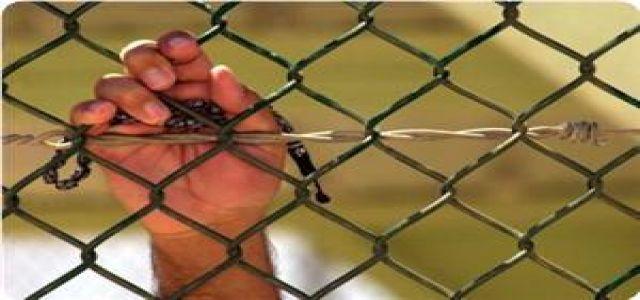- Human RightsPalestine
- April 22, 2008
- 4 minutes read
Palestinian education delegation to UK gets special treatment

Following a motion passed at the inaugural Congress of the University and College Union (UCU) in the UK last May, a tour of British universities by Palestinian trade union academics was authorized. Its aim is to raise awareness among UCU members of the extraordinary difficulties of maintaining tertiary education under Israel”s military occupation. After much delay, this tour began on 21 April where four members of the PFUUPE, the union of university and professional educators in Palestine, spoke at several UK universities. To my knowledge, this is a first: never before have Palestinian trade unionists been allowed to give a first-hand account of their lives under occupation — and for this alone, the UCU should be commended.
However, the UCU has taken a strong line that only its members will be allowed to attend these meetings and attendees are required to bring identification. Apparently, this draconian line is based on a precautionary principle given the invariably heated nature of debates relating to the Israel-Palestine conflict. Thus, the tight restrictions on entry to these meetings should obviate any abuse that may be hurled at the Palestinian visitors by those not in the UCU, whilst allowing effective sanctions to be taken against any members who resorted to behavior that breached union rules.
But these reasons are neither convincing nor compelling. The aim of these talks is to provide on-the-ground knowledge of Palestinian educators under siege in the West Bank, in venues on university campuses that are supposed to be the bastions of learning, debate, argumentation, and freedom of expression. Moreover, the visitors are coming from an environment where there is a clear and present danger to their lives and livelihoods; based on campuses that are subject to constant closure — where merely going to and from work is frequently an ordeal compounded by myriad checkpoints. To my mind, coming from such an environment to the serenity of British campuses would seem like a picnic, and if there are some acrimonious debates along the way, the PFUUPE academics would no doubt relish the opportunity of facing Zionist detractors.
The sad aspect of this is that universities in Britain have a fine tradition of opening their doors, free of charge, to all and sundry to lectures, talks, seminars, events etc. On many an occasion I have come across people who have no connection to my university or the academy, but have come to listen, to learn, and to partake in debates and discussions. True, sharp disagreements do periodically arise, but that is part and parcel of a healthy intellectual life. Regrettably, in this instance, those who are not in the UCU (within or without the university) will be prevented from listening and improving their understanding from those directly at the sharp end of Israeli brutality.
The UCU has made a mistake — a precaution too far. My suspicion is that the real reason for the entry restriction is to keep attendance low, in order to give the impression that the level of support for the Palestinian cause is minimal. Moreover, the UCU leadership is worried that there may be a danger of discussions on the academic boycott of Israel breaking out — something which the General Secretary of the UCU leadership fiercely opposes.
Had these meetings been truly open, and properly advertised as historic in nature, I am certain the turnout would have been truly impressive — with significant numbers of non-UCU members, especially students, attending.
Rumy Hasan is a Senior Lecturer at University of Sussex, UK.



